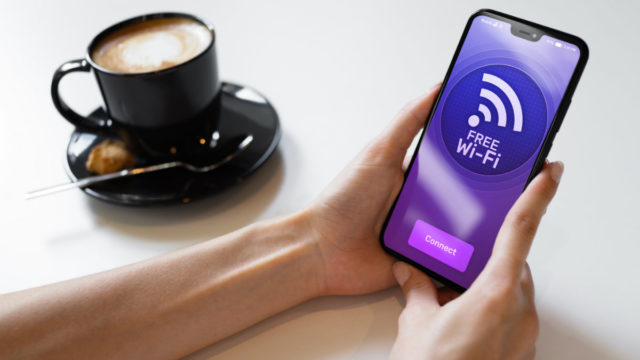Your browser is snitching on you
You’ve heard me say it a hundred times: Clear your cookies, block third-party trackers, use private browsing. But here’s something new, something creepier. Now, even after nuking cookies from orbit and going full incognito ninja, websites still know who you are. How? Something called browser fingerprinting. And unlike actual crime-fighting fingerprints, this one just helps […]




